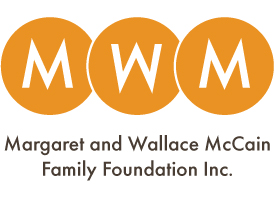
September, 2020
An increasing number of jurisdictions are following the research and committing to a two-year kindergarten experience for four- and five-year-old children in a play-based curriculum. While kindergarten is available to all five-year-olds across Canada, most provinces and territories offer in-school programming for at least some children prior to kindergarten. Universal preschool for four-year-olds is offered in the Northwest Territories (NWT), Ontario (ON), and Nova Scotia (NS) and is expanding in Quebec (QC).
Prince Edward Island and Newfoundland are committed to four-year-old preschool. In the model recommended by Newfoundland´s Taskforce on Improving Educational Outcomes (Collins, et., 2017) schools would provide universal access to all four-year-olds. Classes would be led by a kindergarten teacher, co-teaching with an early child educator, who stays with the children for two years really getting to know them and their families.
Two-years of kindergarten delivered within the school system leverages existing investments within public education and ameliorates several issues facing families, communities and government:
- High rates of illiteracy (including reading, writing and numeracy) that are a drag on the economic futures
- Growing special education demands fueled by an increase in academic and language gaps and behavior challenges that are easier to address when interventions begin early
- Increasing child care costs to families that reduce parental, particularly the labor force participation of mothers
Kindergarten delivers its best outcomes when:
- Enough children attend to impact population health outcomes
- Children attend for two or more years prior to compulsory schooling
- Children attend for a minimum of 20 hours per weekPrograms are of high quality
This paper highlights 10 areas of research documenting the rationale for universal pre-k.
